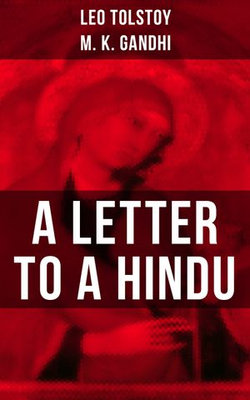'Leo Tolstoy: A Letter to a Hindu' curates a poignant collection that illuminates the profound dialogues between Leo Tolstoy and M. K. Gandhi, centered around themes of non-violence, civil disobedience, and the pursuit of ethical and spiritual renewal. These letters not only showcase a meeting of minds but also a merging of diverse literary styles—from the epistolary finesse of Tolstoy to the impassioned pleas of Gandhi. Embedded within these pages are reflections on personal responsibility and social reform, shedding light on the critical ideological exchanges that influenced generations of thinkers and activists alike. The anthology brings together the seminal works of Tolstoy and Gandhi, both of whom were pivotal figures in their respective landscapes of Russian literature and Indian socio-political movements. Their writings serve as a historical canvas, painting the struggles of early 20th-century global civil rights movements. This collection highlights how their cross-cultural exchanges seeded the ground for international peace movements, echoing their shared philosophies across global contexts. This book is an essential read for those interested in the dynamics of philosophical discourse and the practical applications of ethical imperatives. It offers readers a unique opportunity to engage with the historical conversations that shaped pivotal non-violent movements worldwide. The collection promises not just a reflection on past dialogues but also stimulates current societal introspections on peace, morality, and resistance.




Share This eBook: